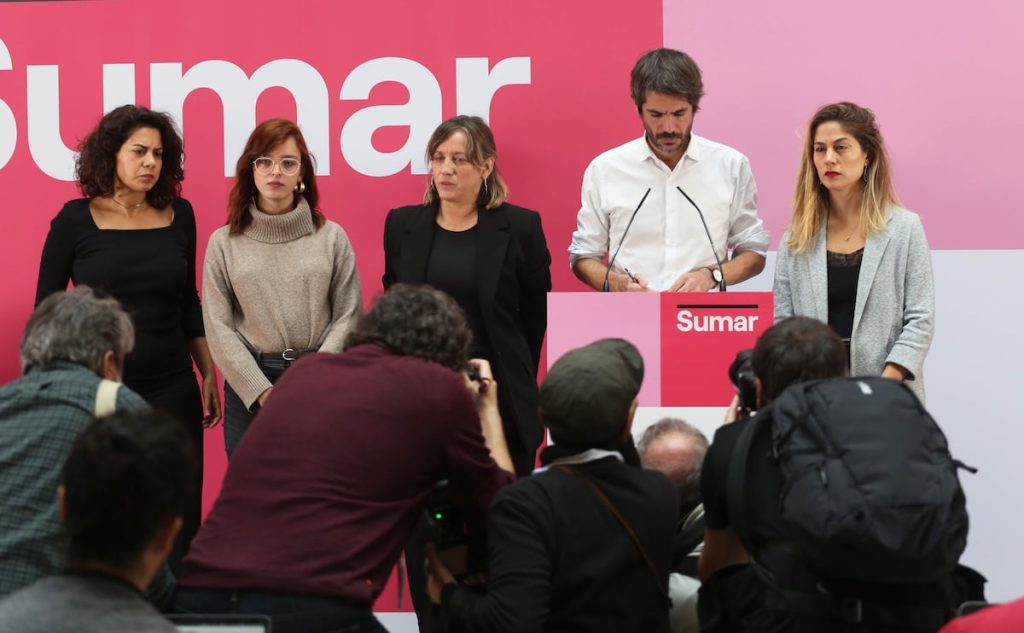In 2015, Íñigo Errejón compared the launch of Podemos to running and tying shoes at the same time, illustrating the challenges of trying to win elections while building an organization. Now, the alternative left, shaken by Errejón’s resignation following allegations of violence and sexual assault, faces a crisis. The space to the left of the PSOE, crucial for progressive governance, is grappling with uncertainty surrounding organization, alliances, and leadership. The Sumar alliance, which includes various left-wing parties, is at the center of this crisis, with calls for accountability and divisions emerging within the coalition.
The crisis has deeply affected Movimiento Sumar, IU, and other parties within the alliance. It has led to resignations and accusations, raising questions about leadership and decision-making processes. Yolanda Díaz, Vice President and key figure in the alliance, is also under scrutiny for her role in promoting Errejón. The crisis highlights the fragility of Sumar, which is in the process of reconfiguration and faces pressure from Podemos on the left. There are calls for greater internal democracy and transparency within the alliance, as well as a reevaluation of leadership.
The crisis surrounding Errejón has dealt a significant blow to Sumar, impacting its reputation and organizational structure. There are doubts about who will lead the alliance forward, with former Podemos Secretary of Organization Sergio Pascual being a potential candidate. Despite these challenges, Sumar still serves as a crucial link between left-wing parties, providing visibility and resources. The focus now shifts to addressing the needs of victims and establishing more democratic functioning within the alliance.
The crisis extends beyond Sumar to the broader alternative left, complicating efforts for unity and cooperation. While some see Errejón’s departure as an opportunity for greater unity, others remain skeptical about the possibility of reconciliation with Podemos. The debate over unity and collaboration between left-wing parties, including IU and Podemos, will be crucial in shaping the future political landscape. The outcome of this crisis will have implications for the PSOE and the possibility of a future left-wing government.
Despite the challenges and divisions within the left, there is still hope for potential cooperation and unity, particularly in regions like Andalucía. The upcoming regional elections in Andalucía will test the ability of left-wing parties to come together and form effective alliances. While the current crisis may complicate matters, it also presents an opportunity for parties to reassess their strategies and work towards greater cohesion and cooperation. Ultimately, the future of the alternative left and the possibility of a left-wing government will depend on their ability to overcome internal divisions and forge a united front.


